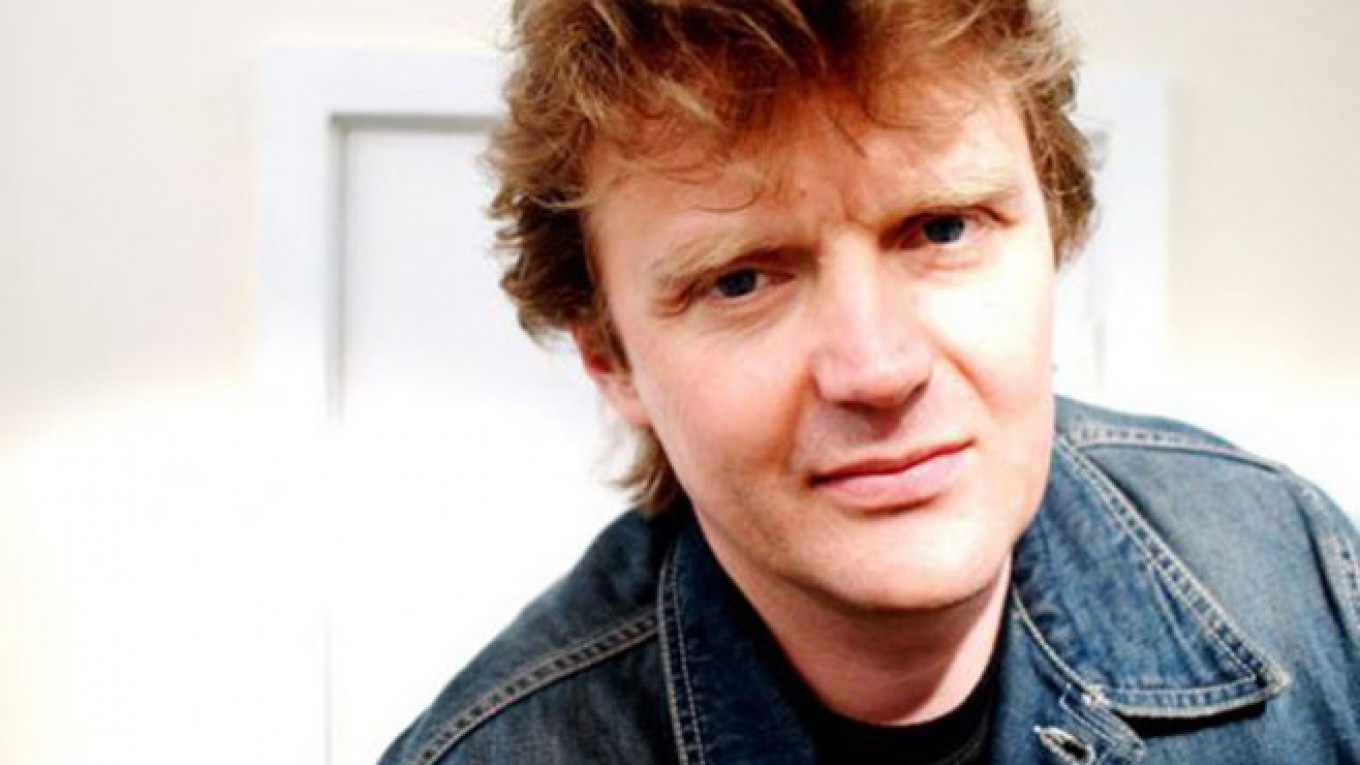
The official Russian response to the report on the Litvinenko inquiry released last week was, predictably, offhand and dismissive, referring to it as "???µ?????µ ?€?°?????»?µ???????°?????µ" (so-called investigation ).
But a lot of Russian journalists paid attention to it, in particular to the section assigning ultimate blame. The only problem was: no one could quite decide how to translate the key sentence — or rather one little word in it: probably.
Before you snort about looking it up in a dictionary, let's recall how subtle some of the distinctions of probability are in English and how difficult they are for foreigners to grasp. Take this list: "He might come to the party. He may come. He could come. Maybe he'll come. He'll probably come. He's likely to come." Russians read that and scream.
And if these tricky language issues weren't problem enough, the Russian media also had to decide how to present the news to their audiences. And here they had the tool of translation, just another hammer in the propaganda toolbox.
The sentence they were dealing with was: "Taking full account of all the evidence and analysis available to me, I find that the FSB operation to kill Mr. Litvinenko was probably approved by Mr. Patrushev and also by President Putin."
Some publications translated "probably" as "possibly": ?????µ?€?°?†????, "?????·?????¶????, ?±?‹?»?° ???????±?€?µ???°" ???»?°?????? ?¤???‘ ?? ?‚?°???¶?µ ???€?µ?·?????µ???‚???? ? ?????????? (It's "possible that the operation was approved" by the FSB as well as the president of Russia). Another was snarky and made it seem like the report was just a set of vague accusations: ?›???‚???????µ?????? ???‚?€?°?????»?? ?????»???????µ??, ?????»???????? ???€?????µ?·?»?? ?›???????????? ?? ???????‚????, ???° ?????µ?€?°?†???? ???… ???????…?????????» ?????‚????. ?’???·?????¶????. (Litvinenko was poisoned by polonium, the polonium was brought in by Lugovoi and Kovtun, and the operation was inspired by Putin. Maybe.)
Other media groups translated different levels of likelihood: ?’?»?°?????????€ ?????‚???? ?????? ???????±?€???‚?? ???±???????‚???? ?±?‹?????µ???? ?????‚?€???????????° ?¤???‘ ???»?µ?????°?????€?° ?›???‚???????µ?????? (Vladimir Putin might have approved the murder of former FSB agent Alexander Litvinenko.) Another made the statement seem confused and tenuous: "?’?µ?€?????‚????" ???‚?° ?????µ?€?°?†???? ?¤???‘ ???????»?° ?±?‹?‚?? ???????±?€?µ???°…???°?‚?€?????µ???‹?? ?? ???€?µ?·?????µ???‚???? ? ?????????? (It is likely that the FSB operation might have been approved by Patrushev and the president of Russia.)
And then suddenly everyone realized that the translation was a shambles. Commentators rounded up the usual suspects and aired strange theories: ?’ ?°???µ?€?????°?????????? ?? ?±?€???‚?°?????????? ?°?????»???????????? ?? ???‚?????? ???»?????° ?€?°?·???‹?µ ???‚?‚?µ??????. ?’ ?????? ??????, ???µ?€?????‚????, ?·?????‡???‚ ???µ???????»?????? ???»?°?±?µ?µ (In American and British English this word has different shades of meaning. In the U.S. it probably sounds weaker).
Even Alexei Navalny chimed in: ??‚?? "?????‡?‚?? ???°???µ?€???????°", "?±?µ?· ?±???»???????… ?????????µ??????" ???»?? "?„?°???‚???‡?µ??????" (It's "almost certainly," "without major doubts," or "practically.")
Finally, a lawyer in a British law firm explained what it meant in legal discourse: ??‚?? ???»?????? ?·???°?‡???‚ "???µ?€?????‚???µ?µ ?????µ????", ???»??, ?µ???»?? ?…???‚???‚?µ, ?????µ?€?µ?????????‚?? ???°?? ?????????????? ???° 51%, ???»?? ?±???»?????µ (The word means "most likely" or, if you will, with a level of certainty that is at least a 51 percent or more.) A linguist suggested "???µ???????° ???µ?€?????‚????" (quite likely).
Unfortunately, Russians who first heard "maybe possibly kinda sorta inspired" didn't hear the discussion or corrected version.
But that, I suppose, was the point.
Michele A. Berdy, a Moscow-based translator and interpreter, is author of "The Russian Word's Worth" (Glas), a collection of her columns.
A Message from The Moscow Times:
Dear readers,
We are facing unprecedented challenges. Russia's Prosecutor General's Office has designated The Moscow Times as an "undesirable" organization, criminalizing our work and putting our staff at risk of prosecution. This follows our earlier unjust labeling as a "foreign agent."
These actions are direct attempts to silence independent journalism in Russia. The authorities claim our work "discredits the decisions of the Russian leadership." We see things differently: we strive to provide accurate, unbiased reporting on Russia.
We, the journalists of The Moscow Times, refuse to be silenced. But to continue our work, we need your help.
Your support, no matter how small, makes a world of difference. If you can, please support us monthly starting from just $2. It's quick to set up, and every contribution makes a significant impact.
By supporting The Moscow Times, you're defending open, independent journalism in the face of repression. Thank you for standing with us.
Remind me later.


